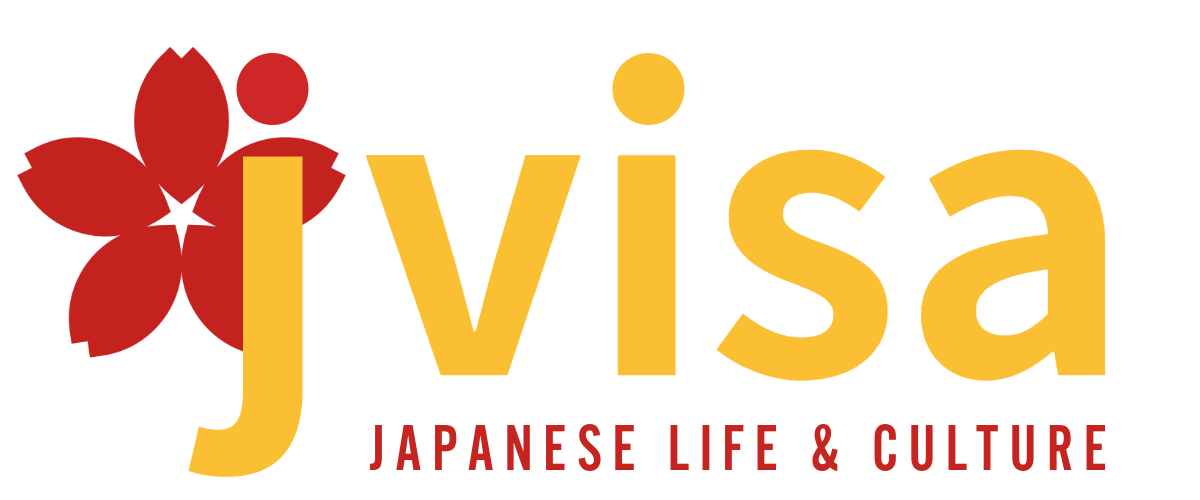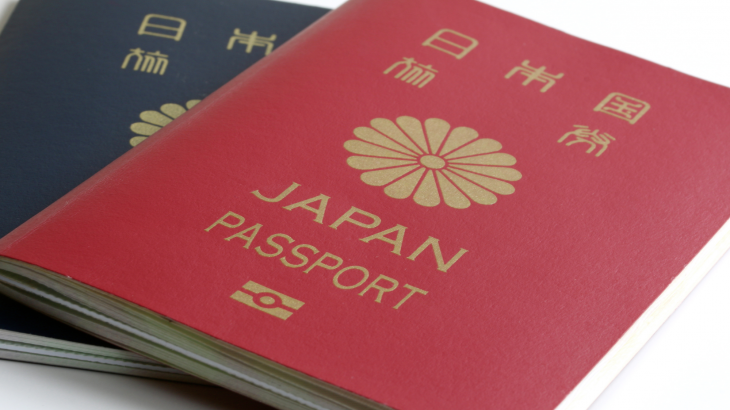On February 5, 2024, the government presented a policy proposal for the “Employee Development System (tentative name)” proposed as a successor to the Technical Intern Training Program to the Liberal Democratic Party’s committee. This policy proposal includes the easing of switching job restrictions for technical intern trainees. This article will provide the current status of the easing of job change restrictions for trainees proposed by the government.
Trainees Allowed to Change Jobs

Under the current Technical Intern Training Program, job changes are not permitted, except in cases of significant human rights violations. However, under the new system, technical intern trainees will be able to change jobs after one to two years, depending on the industry, based on their own intentions.
The Employee Development System aims to raise skill levels to the level of “Specified Skill Worker Type 1” during a three-year employment period. Achieving this goal will qualify for a transition to “Specified Skill Worker Type 2”, which will allow for the renewal of residency status, accompanying family members, and, under certain conditions, the application for permanent residency.
Concerns have been raised by local businesses about the outflow of talent and opposition within the Liberal Democratic Party wishing to maintain the status. However, the government has considered these concerns and adopted a policy of flexibly setting the duration of job change restrictions according to industry, ultimately gaining the understanding and approval of the Liberal Democratic Party.
A Step Towards a Flexible Labor Market
Japan is considered one of the countries with strict job change restrictions for foreign workers internationally. Especially, foreigners coming to Japan as technical intern trainees have been forced to live under strict working conditions and rules. However, the government’s policy proposal to ease job change restrictions is an attempt to revise the strict framework and adapt to a more flexible labor market.
The easing of switching job restrictions with consideration for the human rights of foreign workers aligns with the global trend of human rights protection. Establishing a system where technical intern trainees can work in an appropriate environment, utilize their skills, and build their careers will benefit Japan in securing talent as the labor shortage deepens. Furthermore, improving labor conditions and the working environment will contribute to enhancing Japan’s position in the international community.
Job Change Restrictions Overseas

The original purpose of the Technical Intern Training Program is international contribution through personnel development, but this system has faced the problem of violating workers’ rights for many years. Reports of poor working conditions and human rights violations from technical intern trainees suggest fundamental flaws in the system. Especially, the language barriers and lack of information faced by technical intern trainees worsen the situation.
In the United States, job changes for foreign workers require permission from the United States Citizenship and Immigration Services (USCIS), and certain restrictions apply depending on the type of visa. For example, specific work visas (such as H-1B) are connected to the employer, and changing jobs to a new employer may require a new visa application or transfer procedures.
In Taiwan and Singapore, switching job for foreign workers are generally not permitted. However, exceptions can be made if there is an agreement between the employer and the worker. This involves meeting several conditions, including employment conditions and work visa requirements.
Expected Outcomes of the New System

The original purpose of the Technical Intern Training Program is international contribution through personnel development. However, this system has faced issues related to the infringement of workers’ rights for many years. In particular, language barriers and a lack of information for technical intern trainees have exacerbated these problems.
According to the Immigration Services Agency, more than 9,000 technical intern trainees were reported missing in 2022. Escaping poor working conditions and human rights violations are cited as major reasons for these disappearances.
Therefore, the new system aims to require higher levels of Japanese language proficiency for trainees aspiring to transition to the Specified Skills, by setting requirements for the Japanese Language Proficiency Test (JLPT). This requirement is intended to facilitate the adaptation of technical intern trainees to life and work environments in Japan.
Additionally, for the time being, public supervisory support organizations and Hello Work (public employment service offices) will primarily handle job placement services, and the involvement of private businesses will not be allowed. This measure is expected to eliminate malicious brokers in job mediation.
Summary
Currently, Japan’s labor market is facing a severe talent shortage. Protecting the rights of foreign workers and establishing a clean working environment are crucial for Japan to maintain its competitiveness in the international community. The government’s proposal to ease job change restrictions is an important first step in demonstrating that Japan is a nation that respects human rights.
Creating an environment where foreign workers are treated fairly and can freely build their careers will enhance Japan’s attractiveness as a “chosen country.” Please stay tuned for the latest information on the Employee Development System.










